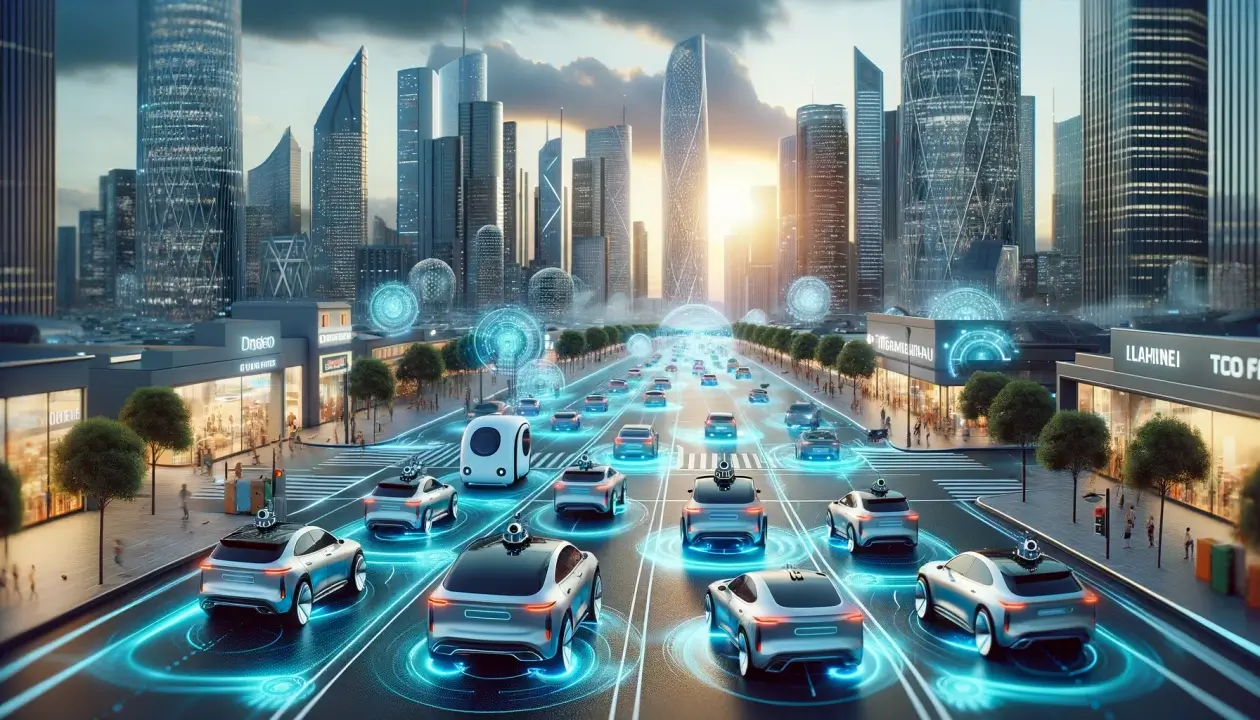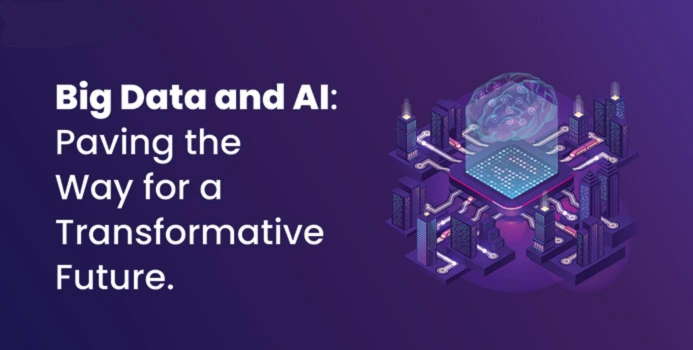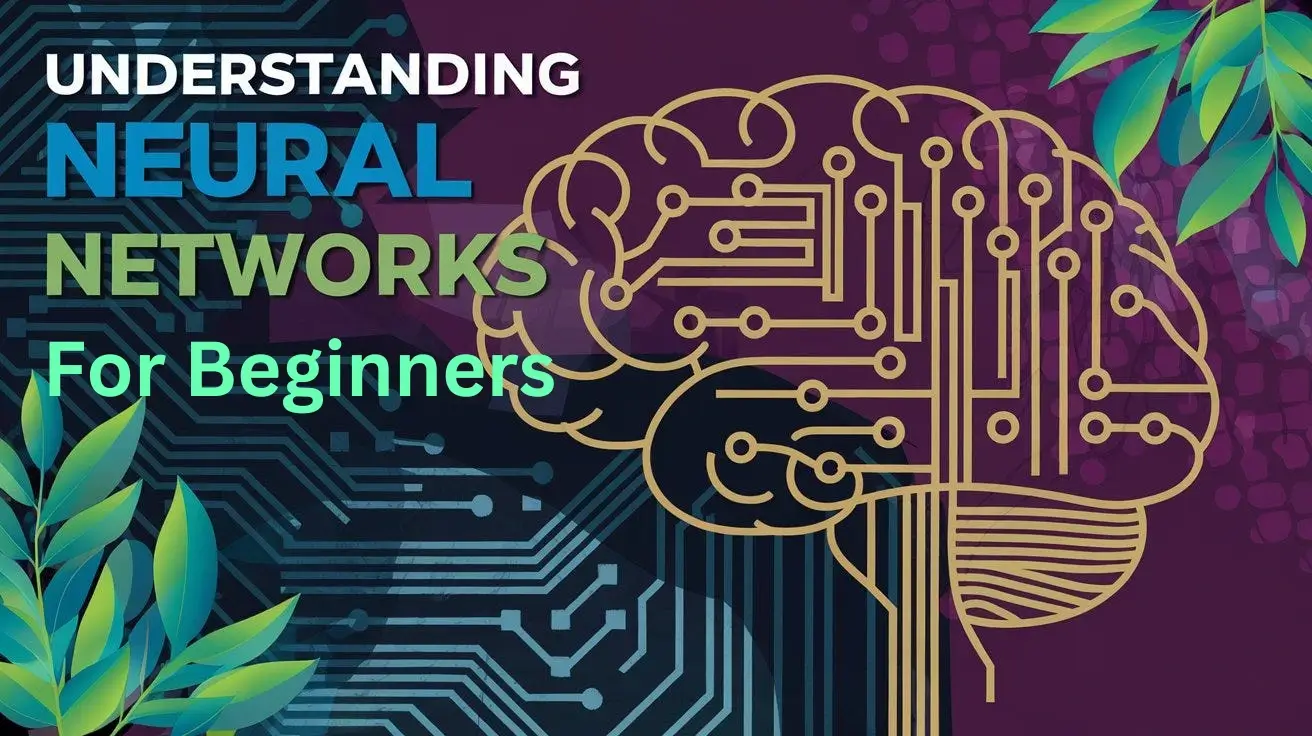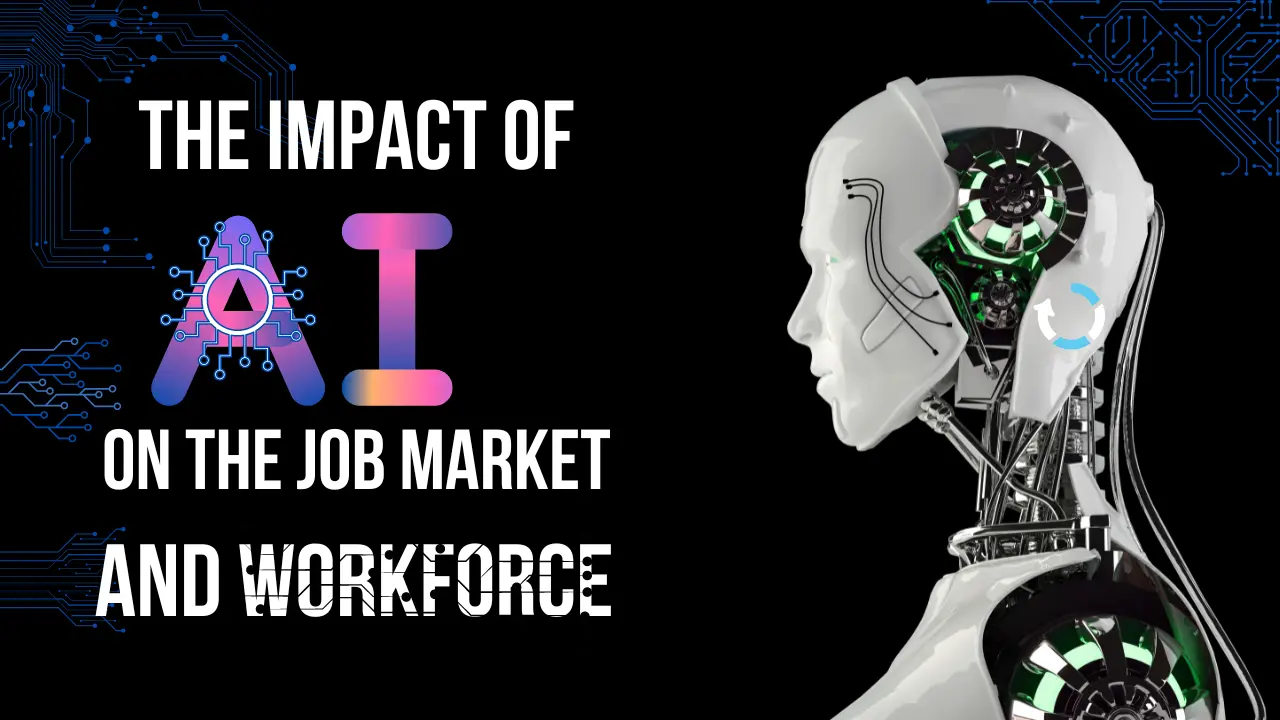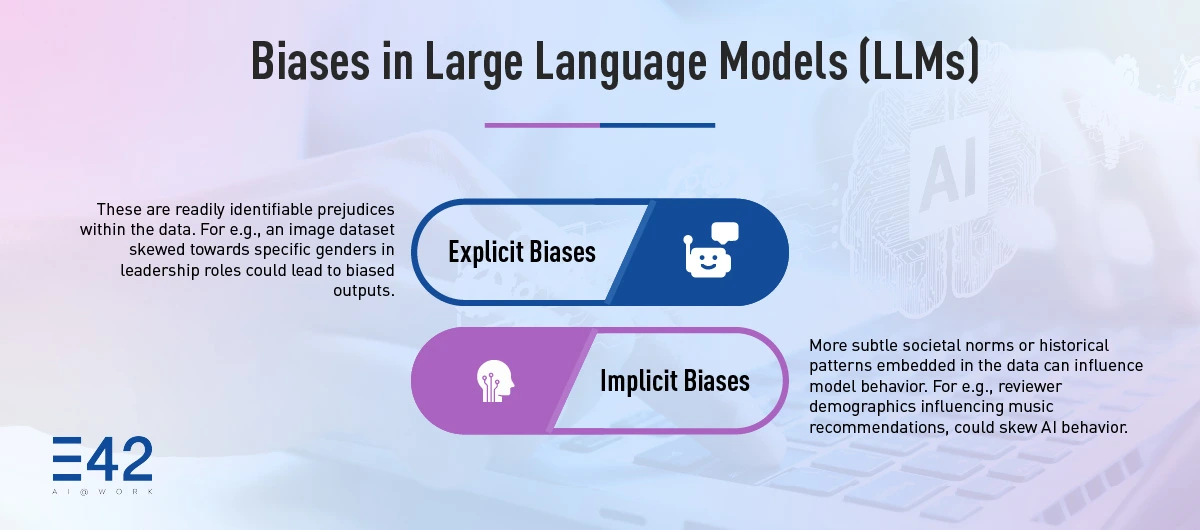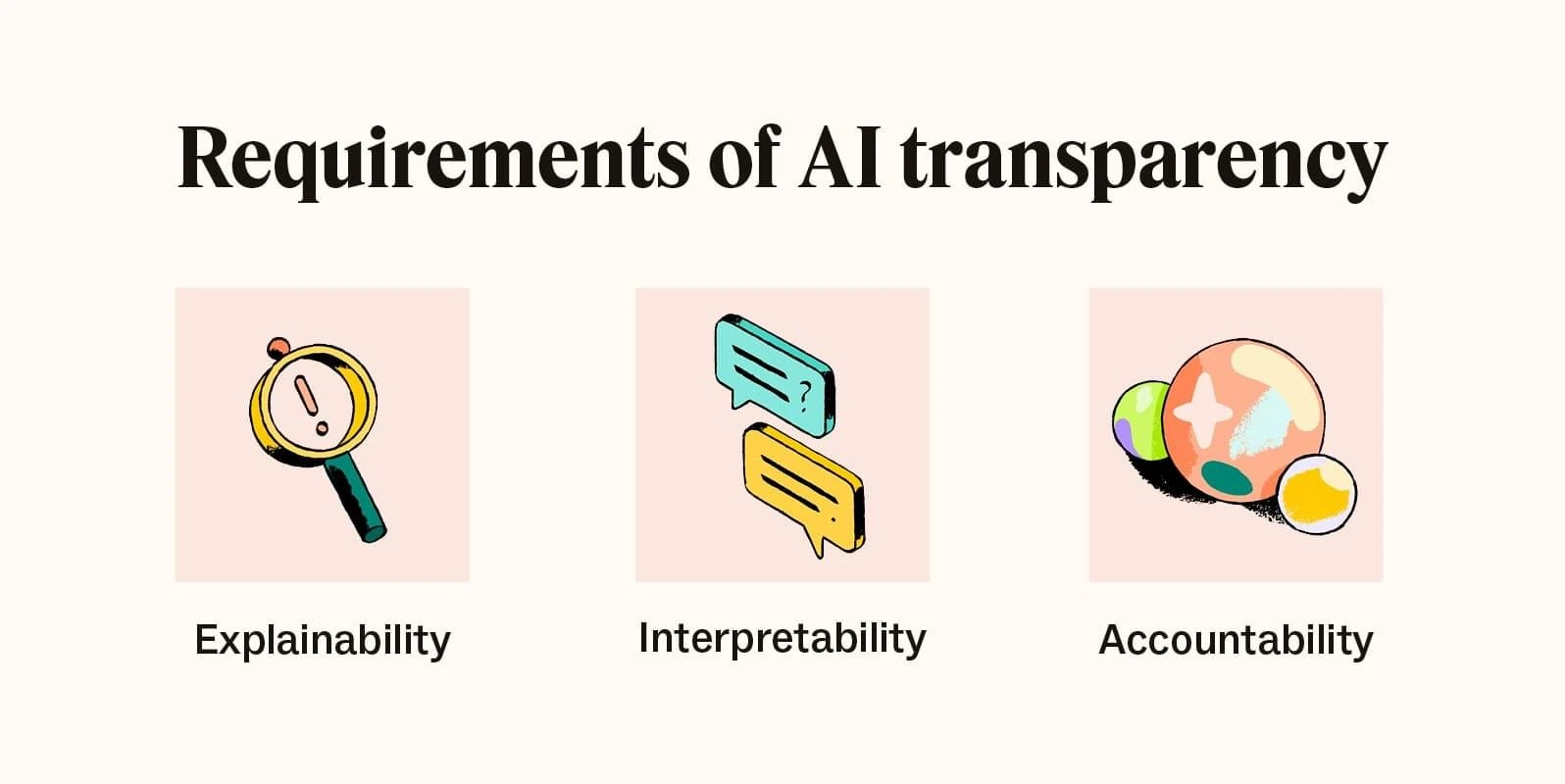Picture this: you’re sipping coffee, scrolling through your emails, and your car is effortlessly driving you to work. No traffic woes, no parking stress—just a seamless journey. Sounds futuristic? Thanks to AI-powered systems, this vision is fast becoming a reality. Autonomous vehicles are transforming the way we think about transportation, and they’re doing it with the help of cutting-edge artificial intelligence.
A Personal Glimpse into AI and Autonomous Driving
The first time I experienced an autonomous vehicle was nothing short of surreal. I was in the passenger seat of a test car equipped with self-driving capabilities. Initially, I felt uneasy as the car smoothly navigated turns and adjusted its speed. But after a few minutes, I realized something—this wasn’t just a machine; it was an intelligent assistant making calculated decisions every second.
It struck me how these vehicles weren’t merely reacting; they were anticipating. And it’s this predictive capability, driven by AI, that sets autonomous systems apart.
What Makes an Autonomous Vehicle "Smart"?
AI in autonomous vehicles goes beyond simple programming. Here’s how these cars “think”:
Perception
Sensors, cameras, and radar systems feed data into AI algorithms, helping the vehicle "see" its surroundings. From identifying pedestrians to detecting traffic signs, this layer is crucial.
Decision-Making
Using advanced machine learning models, the vehicle analyzes real-time data to decide its next move—whether it’s changing lanes or stopping at a crosswalk.
Learning from Experience
AI systems constantly evolve. Each journey adds to their understanding, enabling them to handle complex scenarios better over time.
A Day in a Fully Autonomous World
Imagine waking up in a city where every car on the road is autonomous. Here’s how life could change:
- Morning Commute: Your car is pre-programmed to sync with your calendar. It picks the fastest route while letting you finish that last-minute presentation.
- Errand Runs: Need groceries? Send your car to the store while you relax at home.
- Fewer Accidents: AI systems excel at eliminating human errors—no texting while driving or misjudged turns.
AI-Powered Features That Make This Possible
Natural Language Processing
Want to change destinations mid-ride? Speak to your car as you would to a friend. AI systems interpret your requests and adjust accordingly.
Predictive Maintenance
Your car can now alert you before a tire bursts or a battery dies. It’s like having a mechanic in your dashboard.
Adaptive Learning
The more your car interacts with you, the better it understands your preferences. It might even suggest scenic routes for your weekend getaway.
Ethical Questions Around Autonomous Vehicles
While the technology is thrilling, it comes with ethical dilemmas. For instance, how should a car prioritize lives in a potential crash scenario? Should it protect its passenger at all costs or minimize overall harm?
These are tough questions without easy answers. And as developers, policymakers, and ethicists debate, it’s clear that building trust in autonomous systems will be just as important as building the systems themselves.
My Thoughts: The Excitement and the Concerns
I’m optimistic about autonomous vehicles, but I’ve also seen where they can falter. During another test drive, a sudden rainstorm affected the car’s sensors. Though it handled well, the moment reminded me that no technology is infallible.
As exciting as the future of self-driving cars is, we need to approach it with both curiosity and caution.
How AI in Vehicles Impacts Jobs and Daily Life
The rise of AI-powered vehicles isn’t just about technology—it’s reshaping entire industries:
- Logistics: Autonomous trucks can revolutionize shipping, reducing costs and delivery times.
- Public Transportation: Buses and trains could operate without drivers, making services more efficient.
- Personal Jobs: Ride-hailing services might no longer need human drivers, leading to new opportunities in vehicle management and tech support.
Building Safer Roads with AI
One of the most compelling reasons to support autonomous vehicles is safety. Human error accounts for over 90% of traffic accidents. Imagine roads without distractions, fatigue, or impaired driving.
But safety isn’t just about avoiding accidents. AI can also optimize traffic flow, reducing congestion and emissions.
The Road Ahead: What’s Next for Autonomous Vehicles?
Here’s what I believe we can expect:
Collaboration Across Industries
Automakers, tech companies, and governments will need to work together to create standard regulations and infrastructures.
Affordability
Like any new technology, autonomous vehicles will become more accessible as they scale. What feels like a luxury today might be commonplace in a decade.
Global Adoption
Countries with smart city initiatives will likely embrace autonomous vehicles faster. Imagine fleets of AI-powered taxis zipping through urban centers in Asia or Europe.
A Final Thought: AI-Powered Vehicles as Companions
I’ll admit, I was skeptical of AI in cars at first. But as I’ve interacted with these systems, I’ve started to see them as companions—tools designed to make life not just easier but better.
We’re on the brink of a revolution that’s more than technological. It’s personal.
